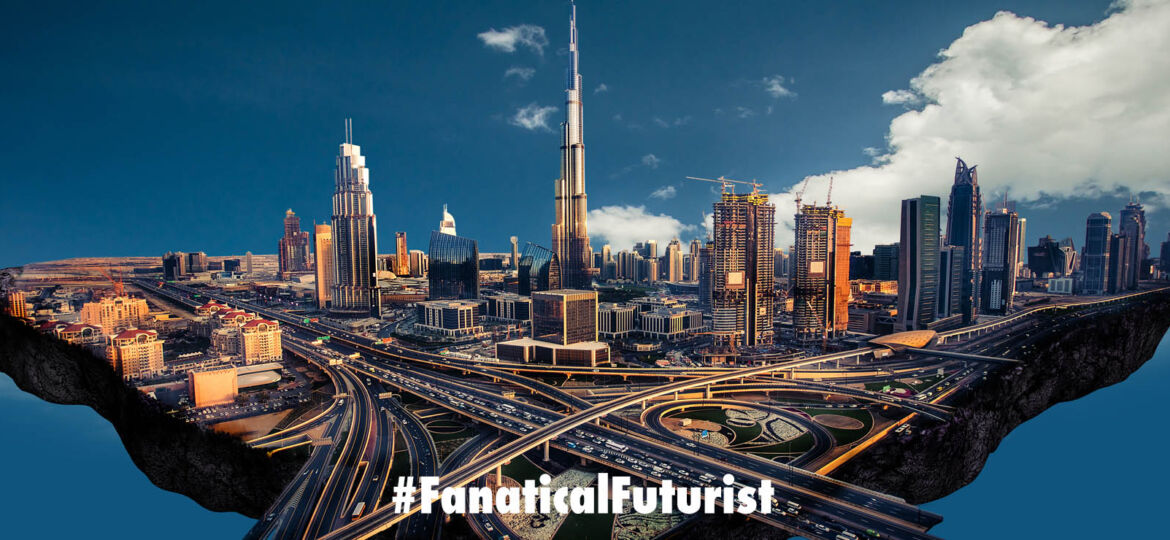
WHY THIS MATTERS IN BRIEF
Countries are increasingly thinking about creating digital twins of their cities so they can better analyse data about them and also put them in the metaverse to improve services and revenue.
 Love the Exponential Future? Join our XPotential Community, subscribe to the podcast, future proof yourself with courses from XPotential University, read about exponential tech and trends, connect, watch a keynote, or browse my blog.
Love the Exponential Future? Join our XPotential Community, subscribe to the podcast, future proof yourself with courses from XPotential University, read about exponential tech and trends, connect, watch a keynote, or browse my blog.
Following in the footsteps of South Korea who just ponied up a huge amount of money to create a digital twin of their capital city Seoul in the metaverse government, and architect firm Zara Hadid’s plans, officials in Dubai have announced that they’re also going to be creating a digital twin of Dubai in the metaverse that “will offer huge opportunities for industry and provide residents with an alternative reality to meet people and share ideas,” officials said.
“One Human Reality” as it will be known will be the emirate’s presence in the emerging metaverse, an augmented world where avatars of ourselves can interact online together in virtual worlds.
The Future of the Metaverse and other tech, by Keynote Speaker Matthew Griffin
The plans were revealed by Dubai Municipality at the World Government Summit, and will include computer generated environments to combine elements of social media, augmented reality, virtual reality, video games, cryptocurrencies, and other technologies.
“One Human Reality is the meeting point or integration between two worlds: the metaverse and the world we are currently living in together,” said Dawood Al Hajri, Dubai Municipality director general. “The metaverse today has become closer to reality than we could have imagined.”
At about $300 (Dh1,500) for the virtual reality headset needed to join in most aspects of the world, many could be priced out of the online environment. However, businesses hope the metaverse will become a marketplace, with financial analysts predicting it will create $800 billion of revenue by 2024.
Residents could also, for example, be joined by friends in other parts of the world in the form of avatars on a virtual walk through a city park. Similarly, simulated time travel to historic moments, or immersive tours of landmark destinations may be other applications.
Such use would require portals in public spaces and city centres, Mr Al Hajri said, adding that governments and cities should invest in building this infrastructure as soon as possible – as we’ve already seen Barbados do after they opened the world’s first official metaverse embassy a few months ago.
“Cities benefit from integrating big data,” Mr Hajri said. “With the help of the Internet of Things (IOT) and artificial intelligence, city leaders will be able to build a digital infrastructure enabling us to access this world in a new way.”
The metaverse will result in inclusion in the education and health care sectors if its hardware is made more accessible, said Noor Sweid, founder and general partner of UAE venture capital company Global Ventures.
















